In Ukraine, healthcare professionals are working to contain one of Europe’s largest HIV outbreaks. In 2024, more than ten thousand new HIV cases were registered in Ukraine, with over one hundred thousand people living with HIV in the country.

(Photo: AFP)
As Magyar Nemzet highlighted in a previous article, the war and internal migration have created an alarming epidemiological situation in Ukraine: new HIV strains may spread more rapidly in regions where the conditions for further transmission are most suitable. HIV infection is affecting minors and children in many regions of Ukraine. While the EU and pro-war countries are ramping up military support, they are cutting back on healthcare funding. This, in turn, helps sustain the war effort and deepens the crisis in the Ukrainian healthcare system.
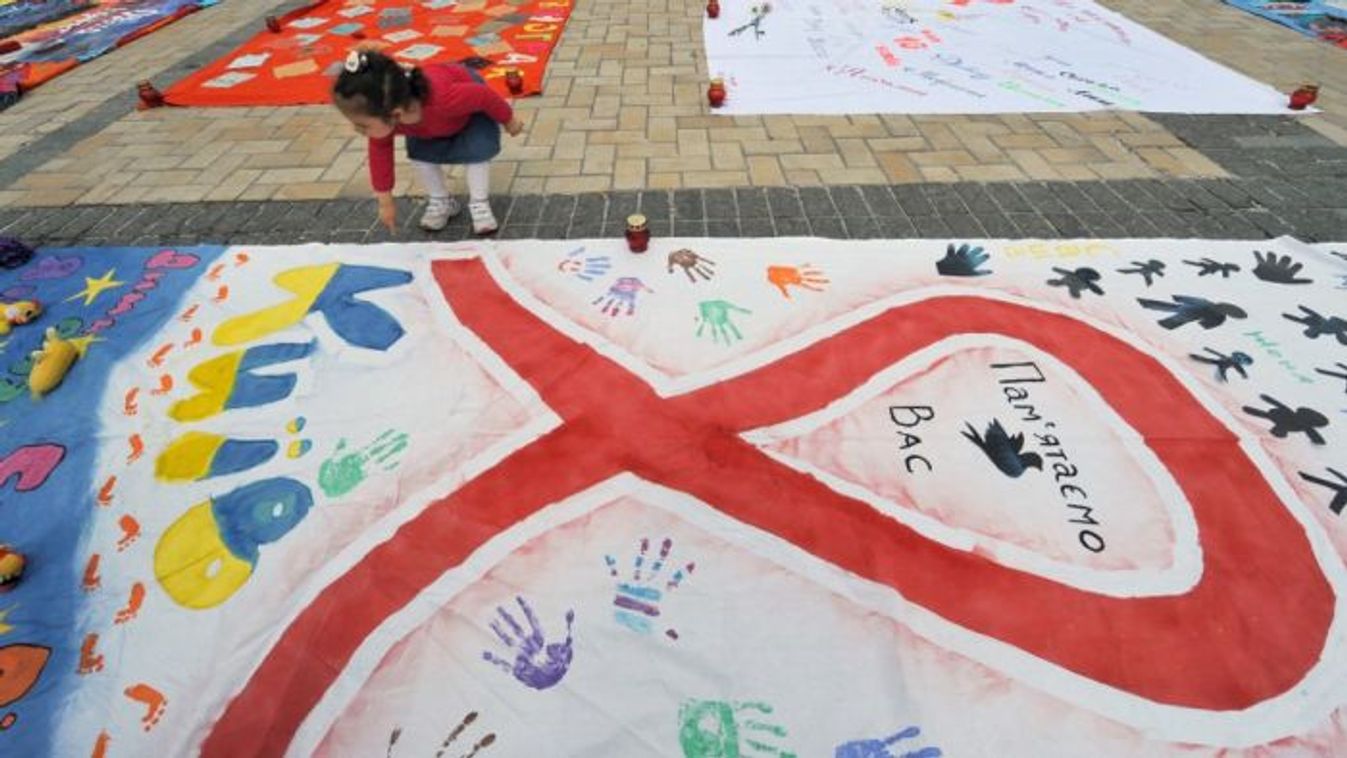







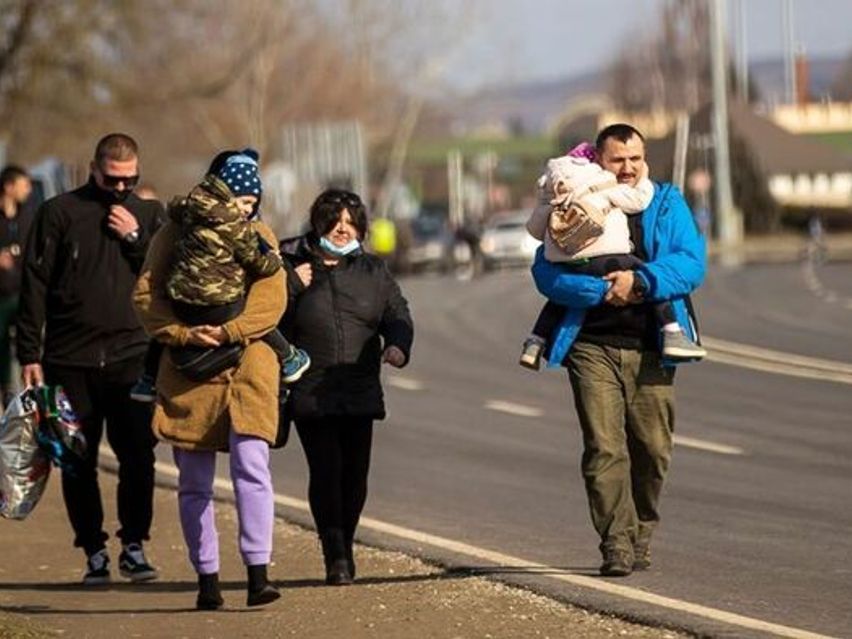



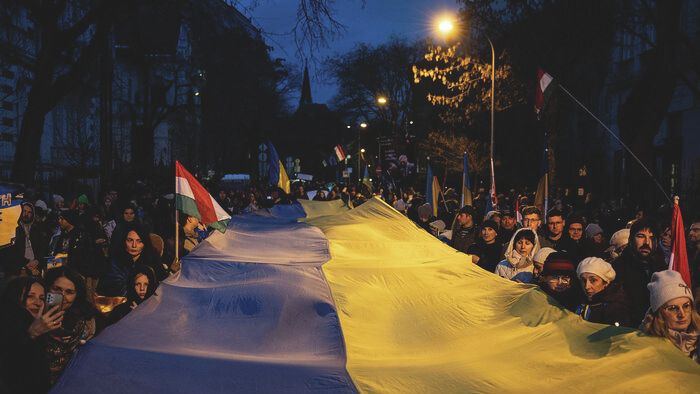




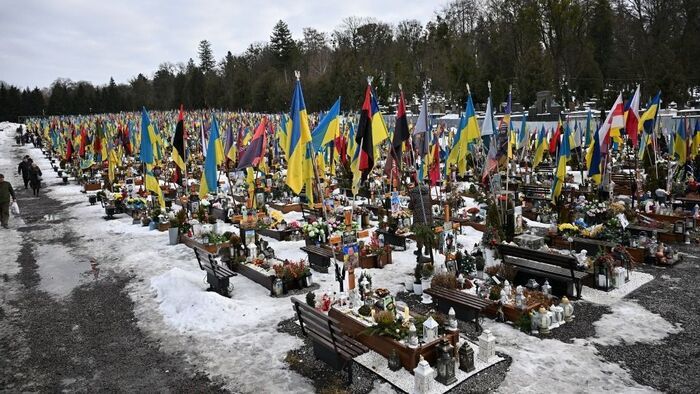



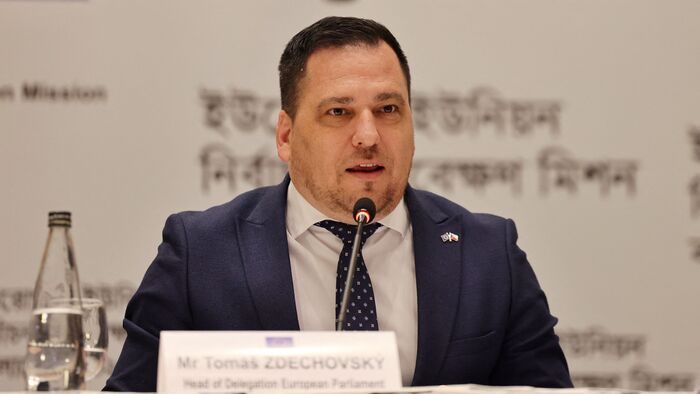

Szóljon hozzá!
Jelenleg csak a hozzászólások egy kis részét látja. Hozzászóláshoz és a további kommentek megtekintéséhez lépjen be, vagy regisztráljon!